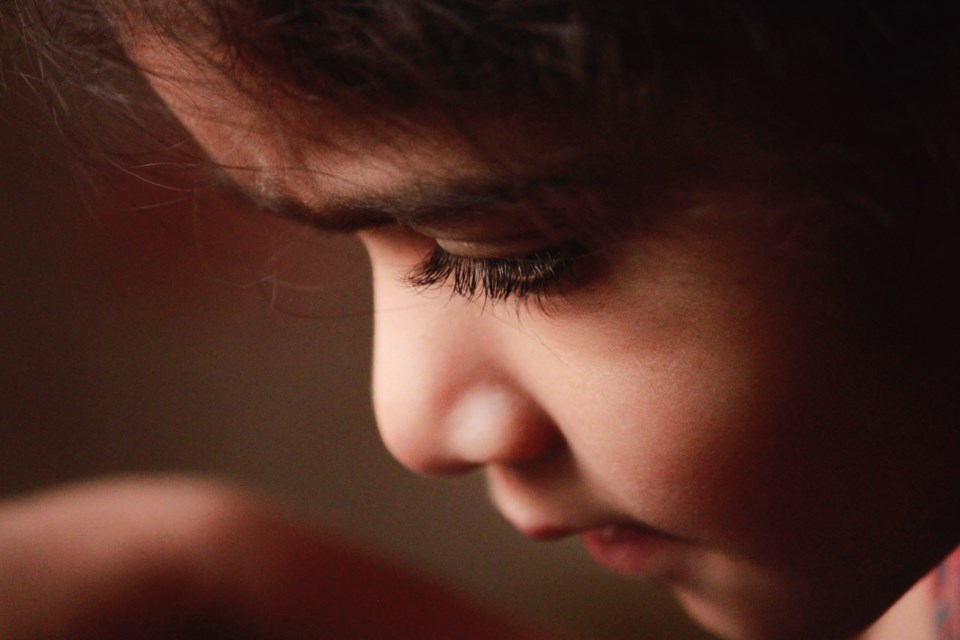Every day, I send off my sons to school like millions of other families, believing we are sending our children to a safe place of learning. Little did we know the place of "learning" was also a place to be dehumanized. A place where Black people are called the "N" word, heard monkey sounds or told by those that were supposed to teach them that wearing "Durga" was a sign of "gang affiliation."
As I continue to be vulnerable and speak up about the importance of creating safe spaces to learn, I have heard from many people about their discrimination experiences, some in our schools. Sadly, the surprising factor has been hearing that most of these behaviours were from principals, teachers, and fellow students – our future generations.
"In learning, you will teach, and in teaching, you will learn," Phil Collins. This quote implies; teaching others allows us to learn from their experiences, including their values, culture, and life experiences.
Yet, education is a teacher-student learning experience in our schools where the student is only a pupil. This approach has made many of our teachers miss glaring learning opportunities resulting in some teachers becoming oblivious to their environments, their students, and the culture and values these students represent.
Sometimes teachers encounter racially induced teaching materials. Should these types of materials be banned from being used as teaching resources? Perhaps, particularly if the teacher is not ready to discuss the entirety of the underlying subject, including societal issues.
A teacher pulled a student aside after indicating a lack of interest in going on a school trip. The teacher asked if the student did not want to go on the trip because they could not afford to pay the trip cost - twenty dollars. After getting back to the class, the student realized the other students who also declined the trip were not asked the same question.
Why was this student singled out to be asked if they could not afford the trip?
The prevalent income inequality in our societies has made it unmistakably clear which race could afford or not afford life's necessities. So how do we make sure our children experience school as a safe place to learn without fear of judgement?
No matter who we are or where we are, in school, workplace or society — each of us has a part to contribute to changing the narrative.
How can a teacher approach societal issues in school?
It starts at home; however, an essential part of teaching is stepping back to create secure spaces for students to express themselves without fear of being judged. Teachers have a responsibility to develop atmospheres that nurture culture and promote our unique differences, whatever that may be.
Most Black parents have what is known as "The Talk" with their children, especially their male children. "The Talk" is a conversation Black mothers and fathers have with their children. It is a discussion preparing the children to handle the unfair, often biased treatments they are bound to receive in society because of their skin colour.
Combatting racism in our schools is a shared responsibility, requiring intentional actions from school authorities. We must all do our part to spark learning at all levels - starting from the fundamentals - our future generations. A big part of this work is treating everyone fairly and equally.
Obtaining societal change requires every race to have conversations with their children, friends and colleagues. All races and ethnicities should make an intentional effort to know people who don't look like them - learn about other people's culture and value system - who they are as individuals, irrespective of their background.
Having meaningful conversations with our children helps create sustainable changes in schools, businesses and communities. Positive outcomes come through nurturing and fostering new communication methods among other races.
Creating sustainable change means educating our children about other cultures to achieve the generational revamp we need in our communities. We must realize that creating environments where everyone thrives requires intentional actions and new viewpoints. In doing so, we spark learning at all levels - and move information into actionable steps that teach our future generations to think and behave differently.
We must move away from the old ways, inspire new learning methods as a community and move away from the traditional teaching perspectives, which see the student only as a pupil.



